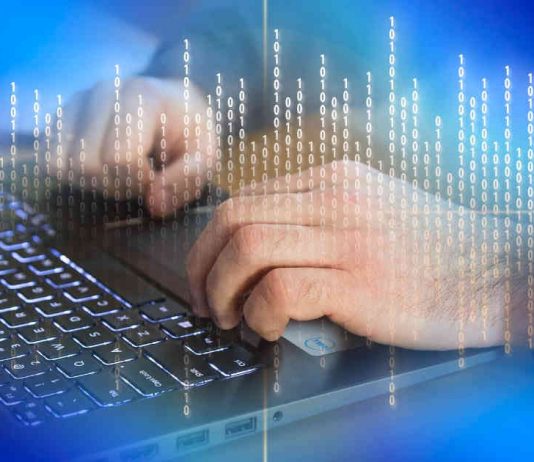At some point, we’ve all downloaded an unapproved app. Despite being a common feature of smartphones, downloading unlicensed apps has significant risks. This post will go through the dangers of downloading unlicensed content to your device as well as how to avoid them.
Contents
Disadvantages of Downloading Unlicensed Apps
Your security and privacy may be at stake if you use unlicensed apps. Unlicensed programs are frequently infected with viruses, malware, and other hazards, which makes it simple to download them from the internet. The same is true of fraudulent programs that pass for legitimate ones but in reality have malware or other hazardous components.
You run the danger of having your data stolen by hackers who want access to your device if you download an app without paying for it. If someone breaks into the server that the business that sold you their goods uses, they might take your credit card information!
Spyware
Spyware is a type of program that keeps track of your activities. It can be used to intercept text messages, emails, and other phone calls as well as to track your whereabouts and steal your personal information.
Games and social media applications like Facebook Messenger and WhatsApp are just a few of the many applications that contain spyware.
If you download these applications from unauthorized sources on your iPhone and Android then you have to face the consequences as somebody can hack your iPhone, Mac, and PC, etc. These social media apps are essential for every mobile users thus bring multiple virus risk.
Furthermore, these kinds of apps are sold by spyware businesses to marketers that want to track what consumers do on their phones in order to better target them with advertisements the next time they access such websites or applications.
Viruses And Other Malware
Malware includes viruses, worms, and trojans, all of which can be installed without the user’s knowledge. A compromised or malware-infected app that was downloaded and uploaded to your device can likewise be used to install them.
Any software program intended to harm a computer system or allow unauthorised access to it is known as malware. The most prevalent types include Trojans, worms, and viruses (also called backdoors).
Fake Apps Bring Trojan Horses
Malicious Programs That Pose As Something They Are Not Are Known As Fake App
Since they frequently resemble the actual things that are made to steal personal information, they can be challenging to recognize. For instance, phoney antivirus software can request access to your contacts even if it is not required in order for you to enjoy the functionality of the program (allowing access would allow other users with similar intentions to use their own contact lists).
On your phone or tablet computer, installing one of these phoney copies of well-known programs won’t let you know whether it is secure until you use its features. It can be performing something negative behind the scenes.
Breaches Of User Privacy
Identity theft is another danger. Your data may be stolen by hackers if you download an unlicensed program that contains your personal information. This may result in fraud or phishing, a scam that uses bogus websites that impersonate legitimate ones.
Conclusion
We trust you now understand the risks associated with downloading unauthorised apps. Only download software from reliable websites, and make sure they have been scanned for malware if you want to keep safe. Before downloading an app, do this by verifying the developer’s website or app store!


